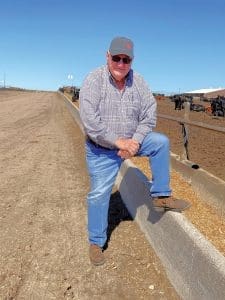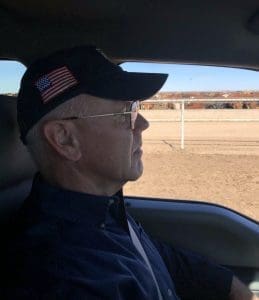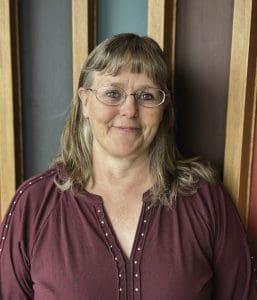By Jim Whitt, Contributing Editor
There’s a monument in Liberal, Kan., that reminds me of how different the world looked 30 years ago. It’s easy to miss because it lies flat on the ground like a stone marking a grave in a cemetery. And in a sense, that’s what it is. It’s a concrete slab upon which once stood a Purina feed mill.
I used to ship feed out of that plant when I was in sales with Purina. When I left the company in 1987 that mill was running 24 hours a day, 365 days a year. It was idle for only 12 hours on Christmas Day. Now, there’s nothing left but a magnificent concrete marker with no words or dates to memorialize the life of its once very successful past.
The world has changed a lot since that mill was running full tilt. In 1986, Ralston Purina sold Purina Mills to British Petroleum. Purina Mills went through a couple of more ownership changes until it found a home with Land O’ Lakes. In the mid-1980s who would have imagined Purina Mills would be sold to an oil company and eventually be owned by a cooperative?
“Times and conditions change so rapidly that we must keep our aim constantly focused on the future,” Walt Disney said. That observation was never more true than today, and is especially true in the world of agriculture where change appears to be on steroids.
The graveyard is filled with businesses that failed to keep their aim focused on the future. They kept doing what they were doing until what they were doing was irrelevant. And today, there are many businesses repeating that pattern. They either choose to ignore the future or simply refuse to change the way they do business. Why?
The future is like a foreign country in our minds. First, we don’t know if we really want to go there. And if we do decide to take that trip, we don’t know where to go or what to do. We don’t know the language or the customs. Should we hire a guide (consultant)? Figuring all that out takes a lot of time and energy. It’s a lot easier to stay at home and just keep doing what we’re doing.
The present is like home in our minds. Everything is familiar. We get up in the morning and set about our normal routines. We need no guide because we know where everything is. We know where to go and what to do. We understand the language and customs. Staying home is comfortable.
The problem with home is that it’s constantly evolving, but the landscape changes so slowly we lose perspective of time. Then one morning we wake up and find ourselves in a foreign country. We don’t know where to go or what to do. The language and customs are different. Home is no longer a comfortable place. It changed but we didn’t. Home is now a slab in the cemetery.
If you don’t like that picture of the future, then it’s up to you to change it. Change is a two-way street. Either you make it happen or it happens to you. When you make it happen, you take control of your future. When you wait for it happen the future takes control of you.
Google “1987” and you’ll find sites that describe what the world looked like then. When you see how much things have changed since 1987 you’ll realize just how much things will change in the next 30 years.
My Google search turned up an article published in the Sept. 28, 1987 issue of Newsweek that featured a 41-year-old “brash billionaire” whose rapid rise to fame led to rumors of his running for public office. “I’m not running for president,“ he was quoted, “but if I did … I would win.”
Thirty years ago, who would have believed Donald Trump could become President of the United States – except Donald Trump?
Keep that in mind as you ponder what the world will look like in 2047. It will look like a foreign country – so it’s time to start planning the trip.






